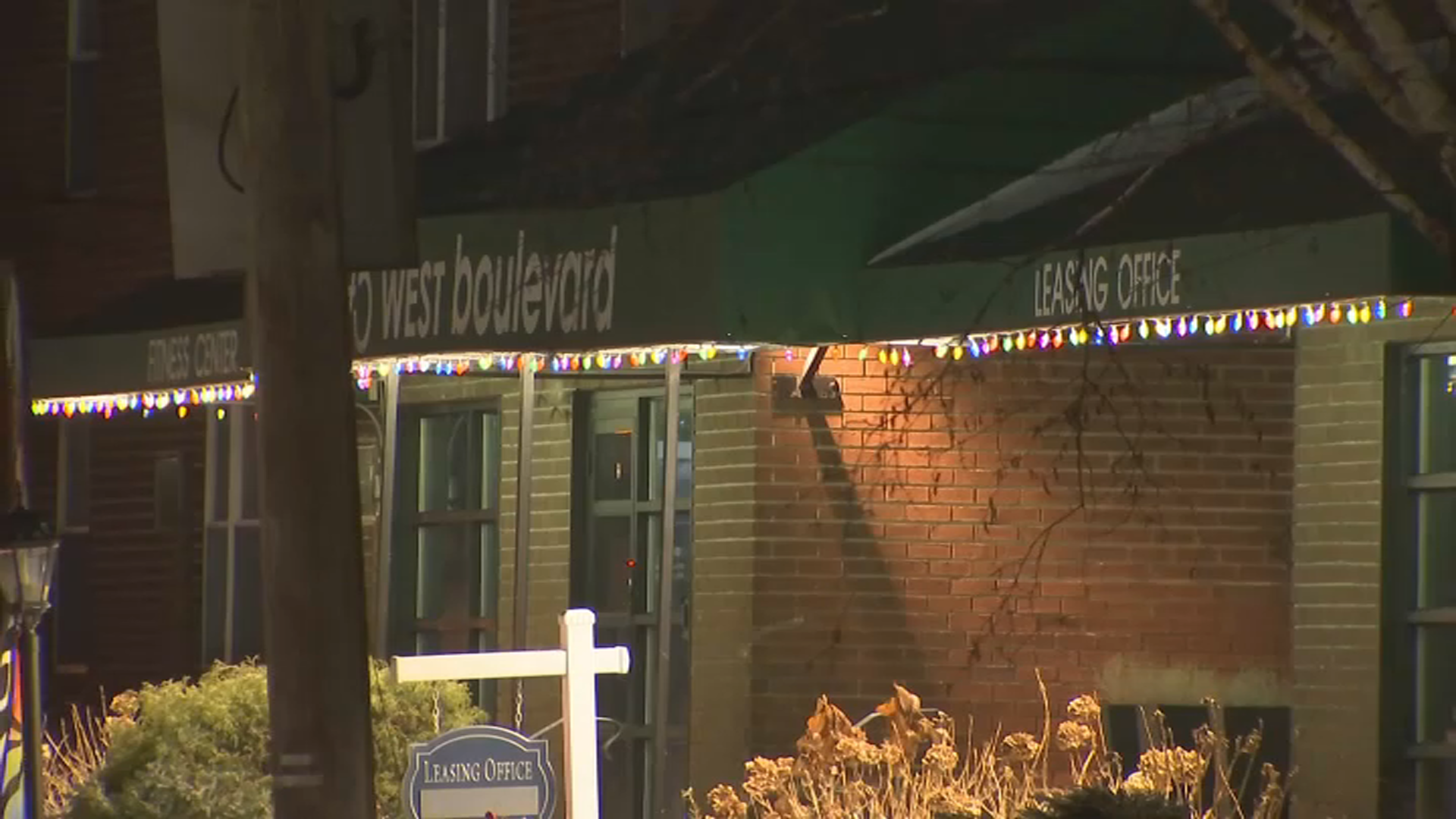More school leaders are considering restricting cell phones in the classroom.
It comes after the state recently urged districts to come up with rules for the devices.
Students in Waterbury are already joining the list of communities where access to cell phones is limited, and it seems to have been met with mixed reaction.
“There's benefits, but there's there's ups and downs,” Imaje Pitt, a Kenney High sophomore, said.
Get top local stories in Connecticut delivered to you every morning. >Sign up for NBC Connecticut's News Headlines newsletter.
Students in Waterbury began the new year with a new policy that requires cell phones to be locked up in a pouch for the day at the middle and high schools.
“Nobody was OK with it. Like at all. Everyone was like, 'No, I don't want to put my phone in this,'” Jayleyah Harris, a Kennedy High sophomore, said.
Students were missing the devices and everything they use them for, but they were also seeing the positives like not having the distraction in class and connecting with others.
Local
“To see people who were like interacting with each other where they were like, I don't know. People were making new friends,” Pitt said.
There’s also a learning curve for parents, according to the interim superintendent.
“It's kind of reteaching parents how to contact their child during the school day, which is through the main office,” Dr. Darren Schwartz, the Waterbury Public Schools interim superintendent, said.
“The reality is that also, you know, texting and using the phone during a real emergency actually could be putting their child in danger. And so removing that opportunity for students is actually going to make them safer in many cases," he continued.
Waterbury joins districts around the state finding ways to limit access, including in Hartford and Ellington. Now, it appears other communities are taking action.
This comes after Governor Lamont last week urged schools statewide to come up with rules to restrict the use in classrooms to help improve learning and mental wellbeing.
“I think at this point virtually every board in the state has started a conversation or will be doing so,” Patrice McCarthy, Connecticut Association of Boards of Education executive director, said.
Those talks can take a while and it’s suggested everyone gets involved. Potential solutions can range from pouches to just leaving a cell phone in a designated area in class.



